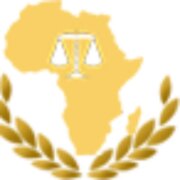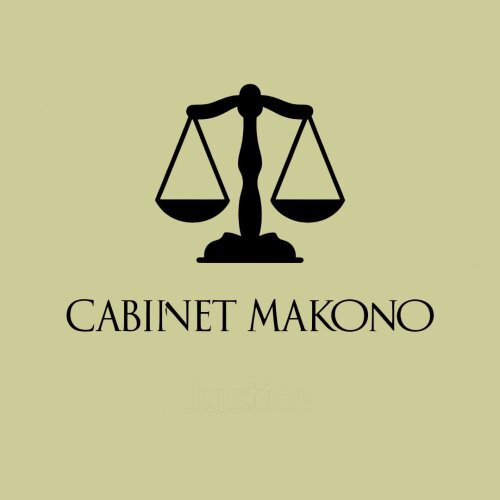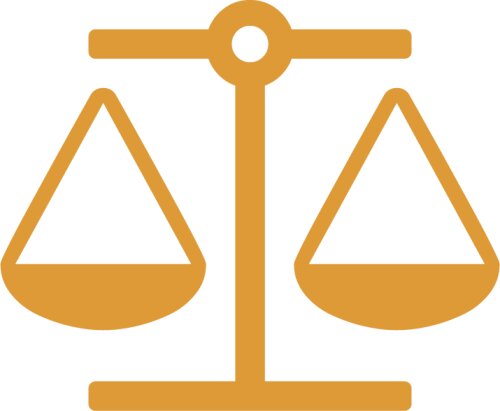Best Natural Resources Lawyers in Kinshasa
Share your needs with us, get contacted by law firms.
Free. Takes 2 min.
List of the best lawyers in Kinshasa, DR Congo
About Natural Resources Law in Kinshasa, DR Congo
The Democratic Republic of Congo (DRC), and specifically its capital, Kinshasa, is renowned for its vast and diverse natural resources, including minerals, forests, and water reserves. The DRC holds some of the world's most significant deposits of gold, tin, tantalum, tungsten, and coltan, which are crucial for high-tech products. The management and regulation of these resources are governed by a complex array of laws designed to promote sustainable development while ensuring that local communities benefit from natural resource exploitation. The sector is a significant contributor to the national economy and plays a critical role in development initiatives.
Why You May Need a Lawyer
Individuals and companies involved in the extraction, processing, or trade of natural resources in Kinshasa may require legal assistance for several reasons:
- Compliance: Navigating the regulatory landscape to ensure business practices adhere to local, national, and international laws.
- Licensing: Obtaining necessary permits and licenses required for exploration and exploitation activities can be intricate and time-consuming.
- Contract Negotiations: Drafting and reviewing contracts with local partners, suppliers, and government entities.
- Dispute Resolution: Addressing conflicts that may arise between companies, communities, and stakeholders regarding resource access and benefits.
- Community Relations: Ensuring fair compensation and community development projects as part of corporate social responsibility.
- Environmental Regulations: Complying with environmental protection laws and managing impacts on biodiversity and local environments.
Local Laws Overview
The legal framework governing natural resources in Kinshasa is primarily defined by the country's Mining Code and Environmental Law. Key aspects include:
- Mining Code: Regulates mineral exploration and exploitation, including the requirement for licenses and the conditions for their renewal and revocation.
- Environmental Impact Assessments (EIAs): Mandatory for any project likely to impact the environment, ensuring sustainable exploitation practices.
- Local Community Involvement: Legal provisions promote the participation of local communities in decision-making and benefit-sharing arrangements.
- National Resource Ownership: States that all natural resources are under the sovereignty of the Republic, and exploitation is subject to state approval.
- Investment and Trade Regulations: Affect how companies invest in and trade resources, with specific stipulations on revenue transparency and corporate conduct.
Frequently Asked Questions
What are the primary natural resources in Kinshasa?
Kinshasa itself is more of an administrative and commercial hub. However, the DRC is rich in minerals like copper, cobalt, gold, and diamonds. The region also boasts substantial forestry and water resources.
How do I acquire a mining license in the DRC?
A mining license can be obtained by applying through the Ministry of Mines, meeting all regulatory requirements, and having an approved Environmental Impact Assessment.
What role do local communities play in natural resource projects?
Local communities are involved in consultation processes for projects impacting their regions. They are also considered in benefit-sharing agreements to ensure they gain from resource exploitation.
Are there laws protecting the environment during resource exploitation?
Yes, there are comprehensive environmental regulations requiring impact assessments and sustainable practices to minimize environmental damage.
Can foreign companies invest in DRC's natural resources?
Yes, foreign investment is permitted, but investors must comply with local laws, including investment codes and partnership requirements with local entities.
What happens if a contractual dispute arises?
Disputes are typically resolved through arbitration, negotiation, or through local courts, depending on the contract terms and the nature of the dispute.
Is it necessary to operate through a local partner?
While not always mandatory, partnering with local entities can facilitate navigating legal, environmental, and cultural challenges, improving business outcomes.
How does the government ensure transparency in the natural resources sector?
DRC is part of the Extractive Industries Transparency Initiative (EITI), which requires disclosure of revenues received from mining and other resource extraction activities.
What are the penalties for non-compliance with mining regulations?
Penalties can include fines, revocation of licenses, prohibition of activities, or legal action depending on the severity of the breach.
Which government body oversees natural resources in the DRC?
The Ministry of Mines is the primary regulatory authority overseeing mining activities, while environmental assessments are supervised by the Ministry of Environment.
Additional Resources
- The Ministry of Mines: Main regulatory body for mining licenses and regulations.
- The Ministry of Environment: Supervises environmental compliance and sustainable development practices.
- Extractive Industries Transparency Initiative (EITI): Promotes revenue transparency and accountable management of natural resources.
- Local Chambers of Commerce: Provide information and support for businesses involved in natural resources.
- Environmental NGOs: Organizations like WWF or Greenpeace offer insights into conservation practices and industry standards.
Next Steps
If you need legal assistance in the field of natural resources in Kinshasa, consider taking the following steps:
- Research: Familiarize yourself with the basics of natural resource law and the specific legal frameworks relevant to your situation.
- Consult a Lawyer: Seek advice from a legal professional with expertise in natural resources law to navigate complex legal requirements effectively.
- Engage with Authorities: Build a line of communication with relevant governmental bodies to ensure compliance and gain necessary approvals.
- Build Relations with Local Communities: Establish and maintain positive relations with local communities to facilitate project advancements and community cooperation.
- Stay Informed: Keep up-to-date with legislative changes and global best practices in the natural resources sector.
Lawzana helps you find the best lawyers and law firms in Kinshasa through a curated and pre-screened list of qualified legal professionals. Our platform offers rankings and detailed profiles of attorneys and law firms, allowing you to compare based on practice areas, including Natural Resources, experience, and client feedback.
Each profile includes a description of the firm's areas of practice, client reviews, team members and partners, year of establishment, spoken languages, office locations, contact information, social media presence, and any published articles or resources. Most firms on our platform speak English and are experienced in both local and international legal matters.
Get a quote from top-rated law firms in Kinshasa, DR Congo — quickly, securely, and without unnecessary hassle.
Disclaimer:
The information provided on this page is for general informational purposes only and does not constitute legal advice. While we strive to ensure the accuracy and relevance of the content, legal information may change over time, and interpretations of the law can vary. You should always consult with a qualified legal professional for advice specific to your situation.
We disclaim all liability for actions taken or not taken based on the content of this page. If you believe any information is incorrect or outdated, please contact us, and we will review and update it where appropriate.














